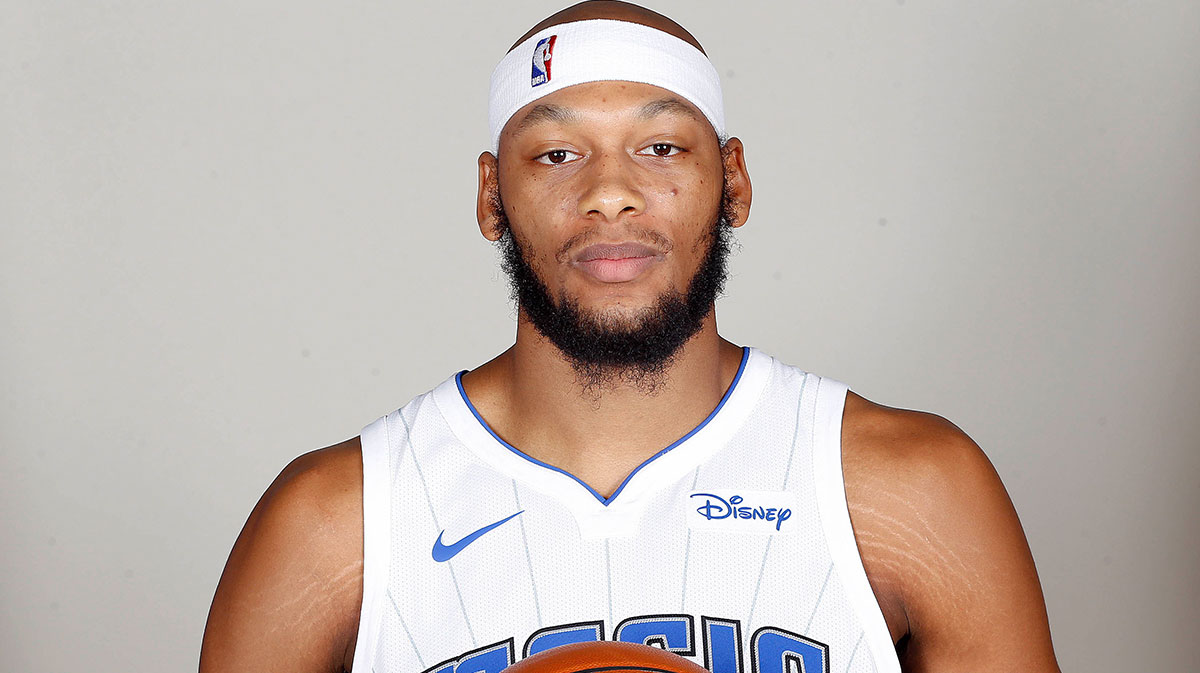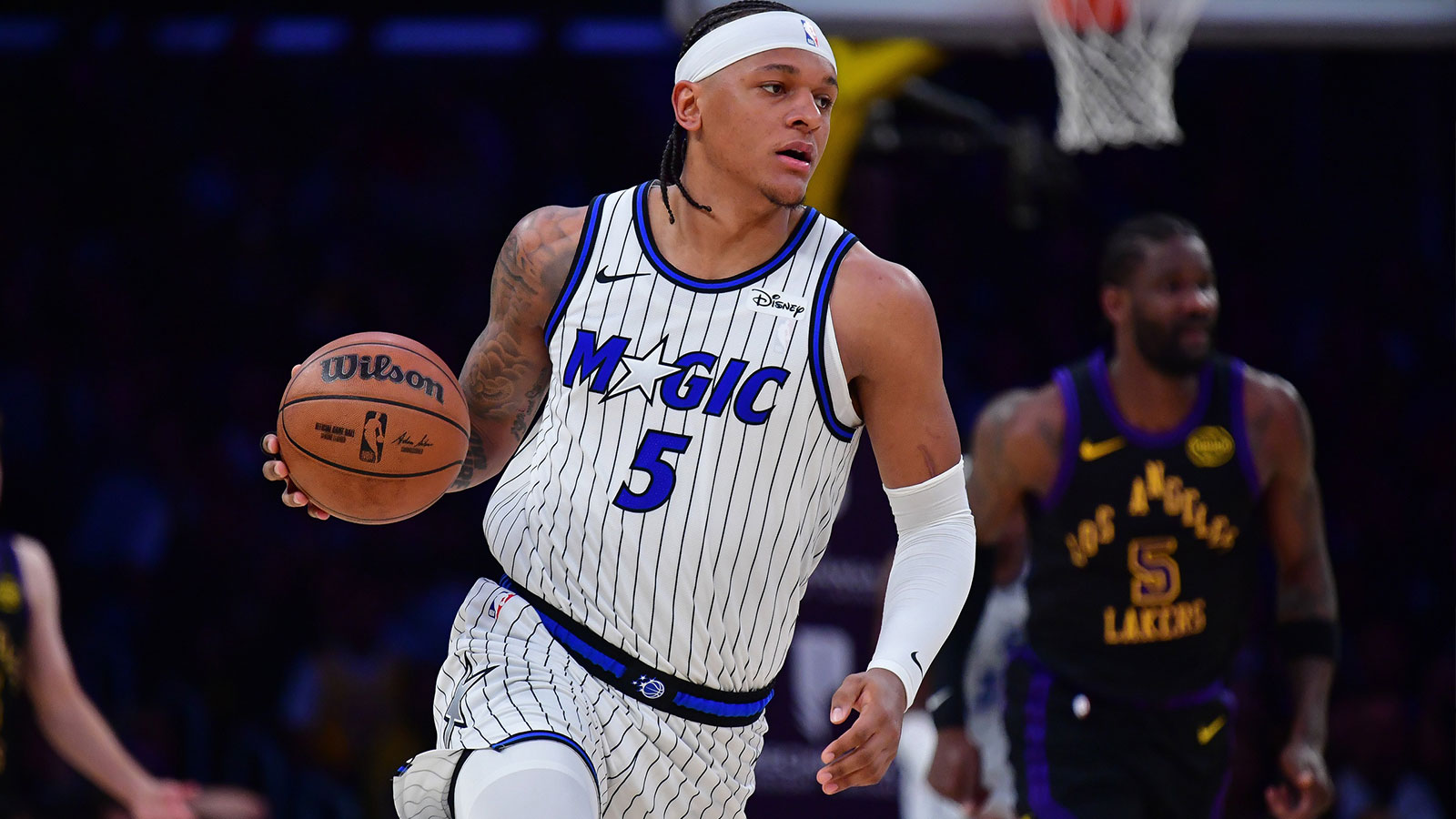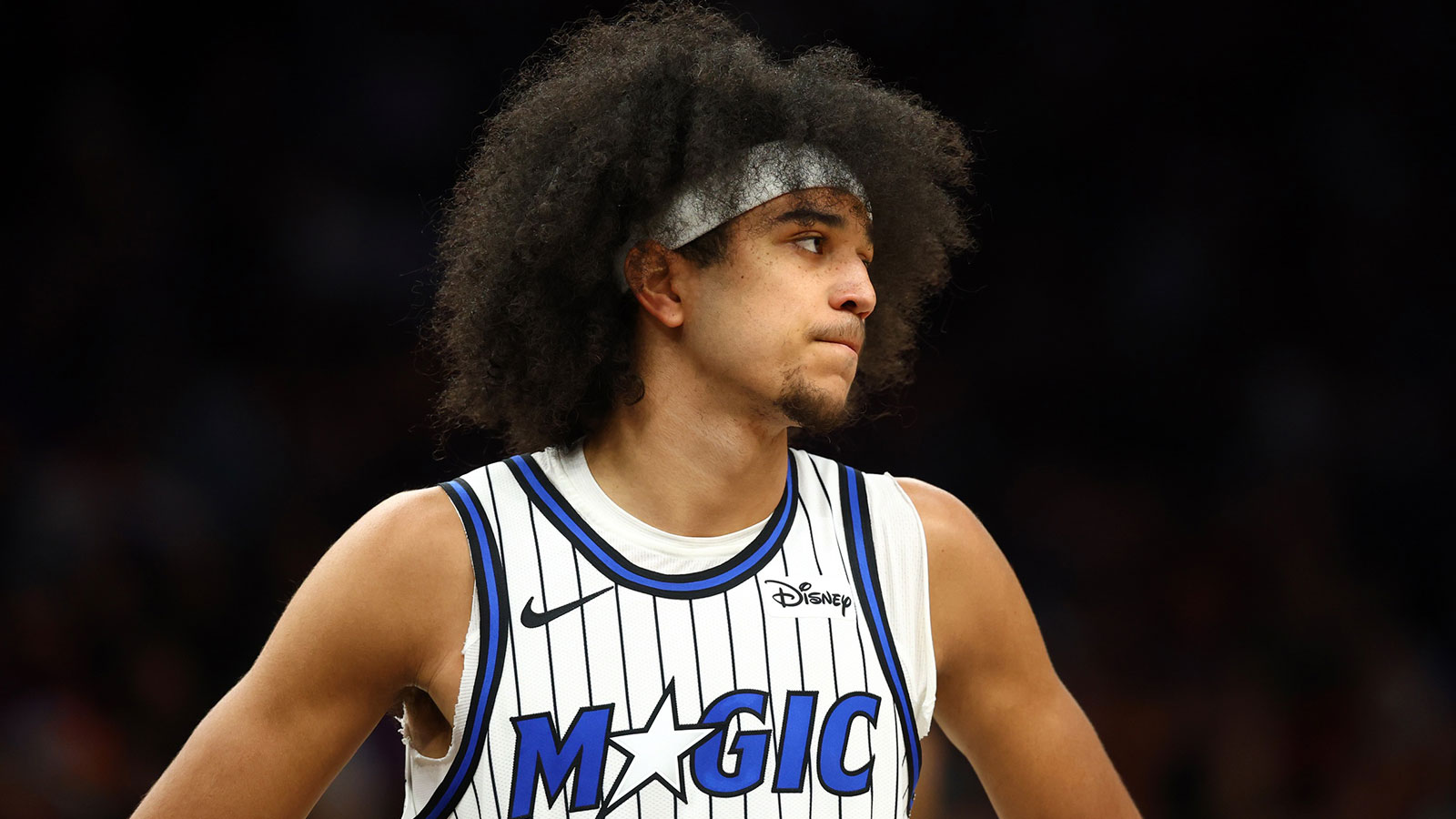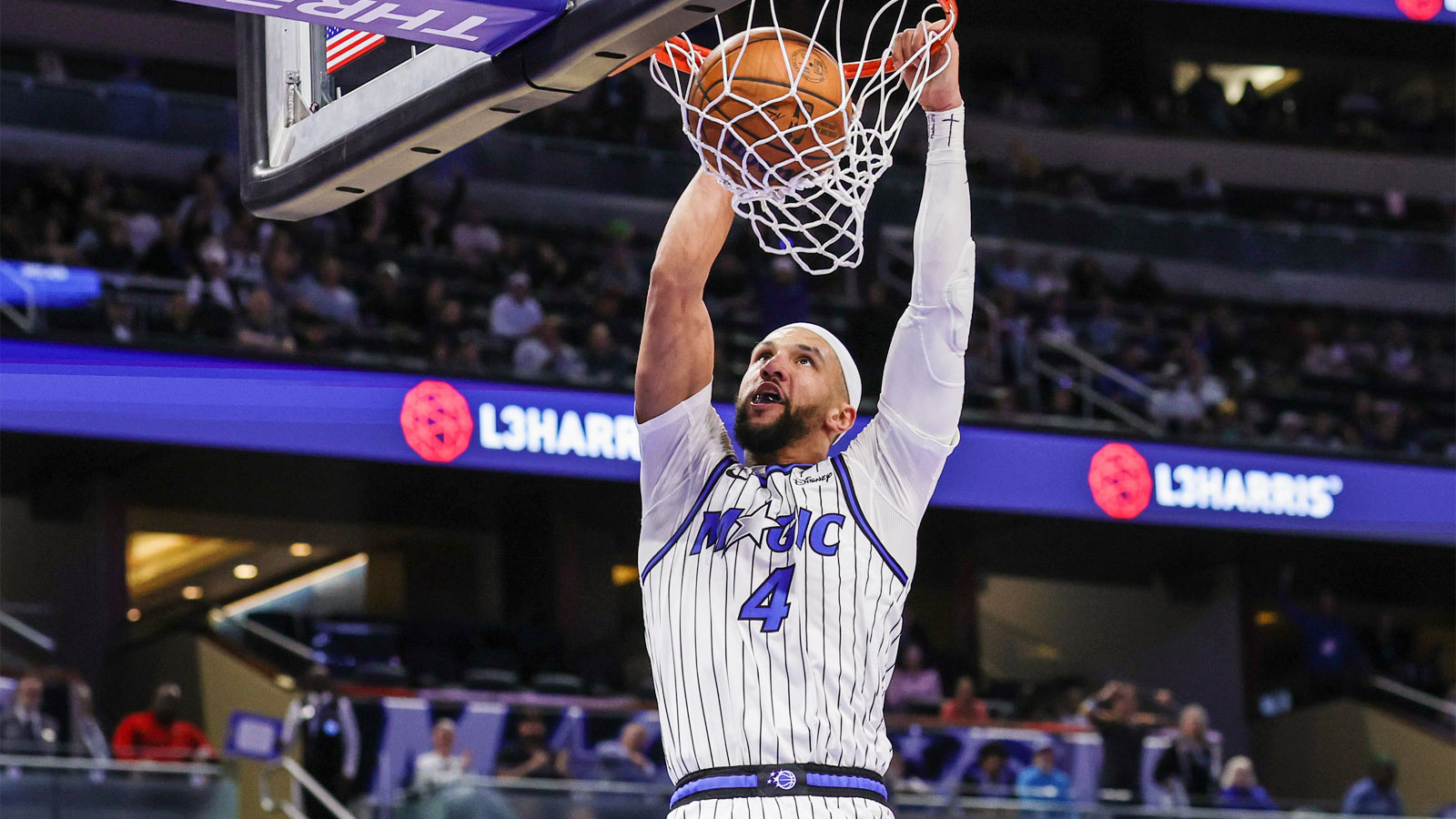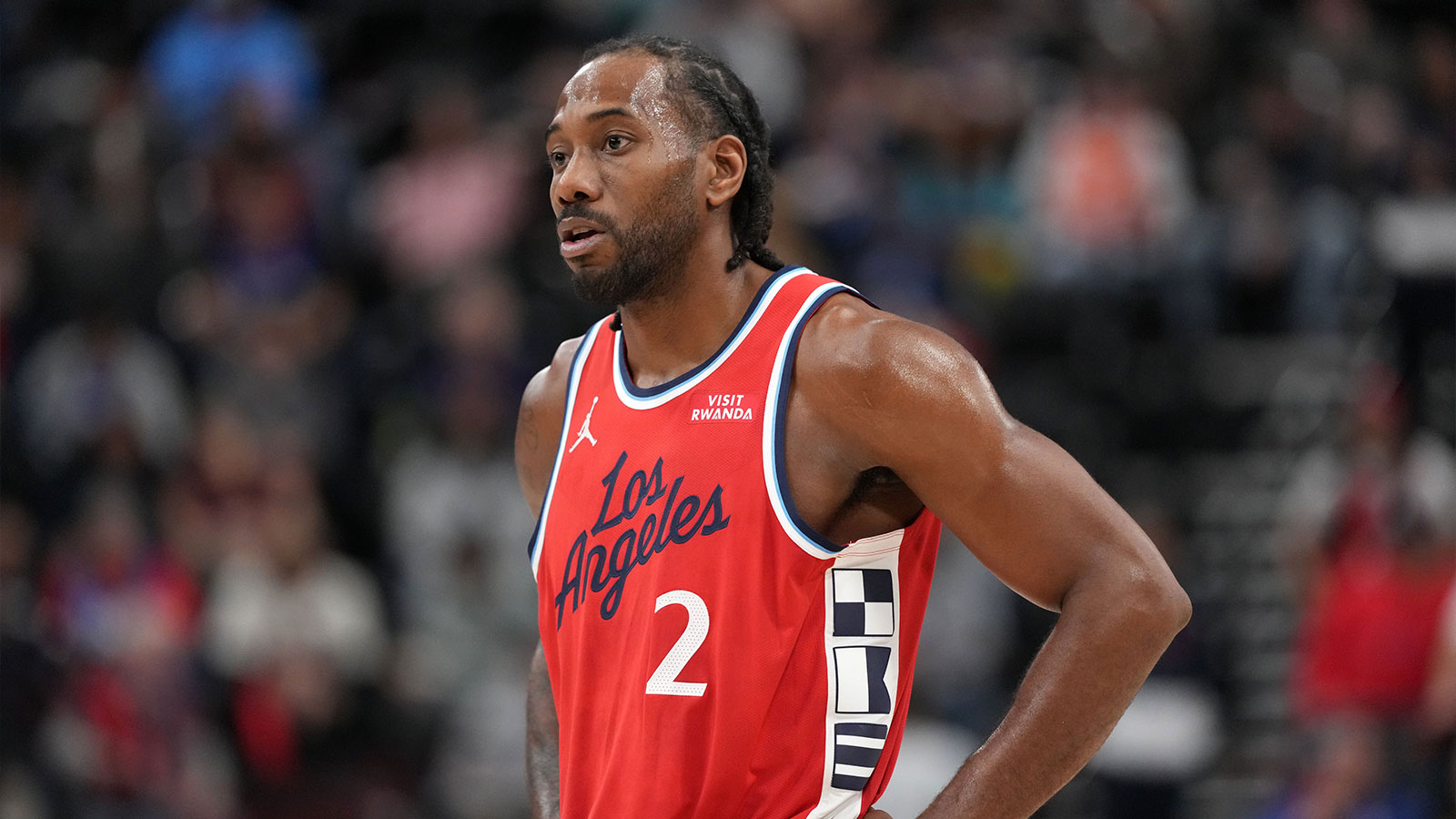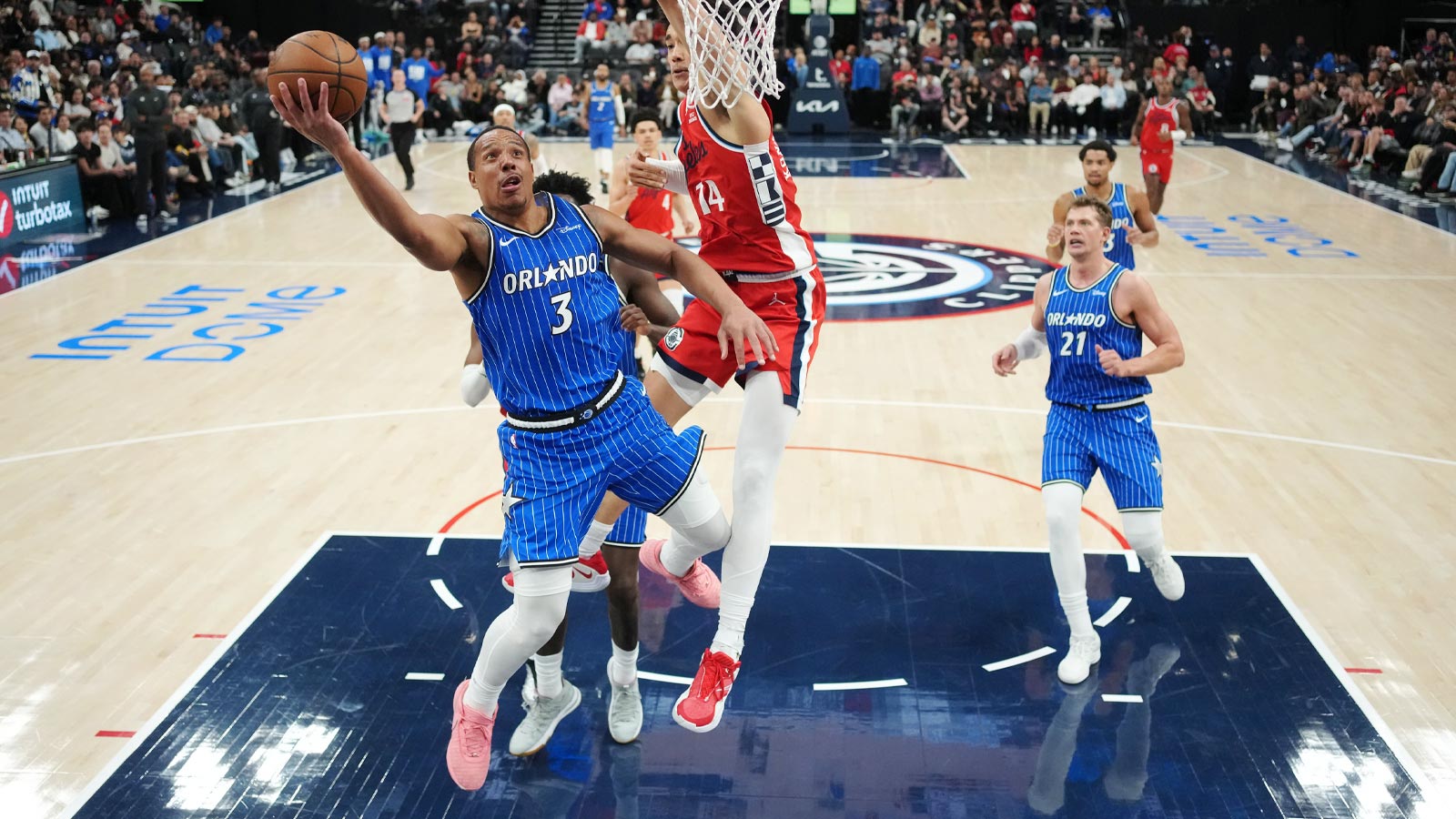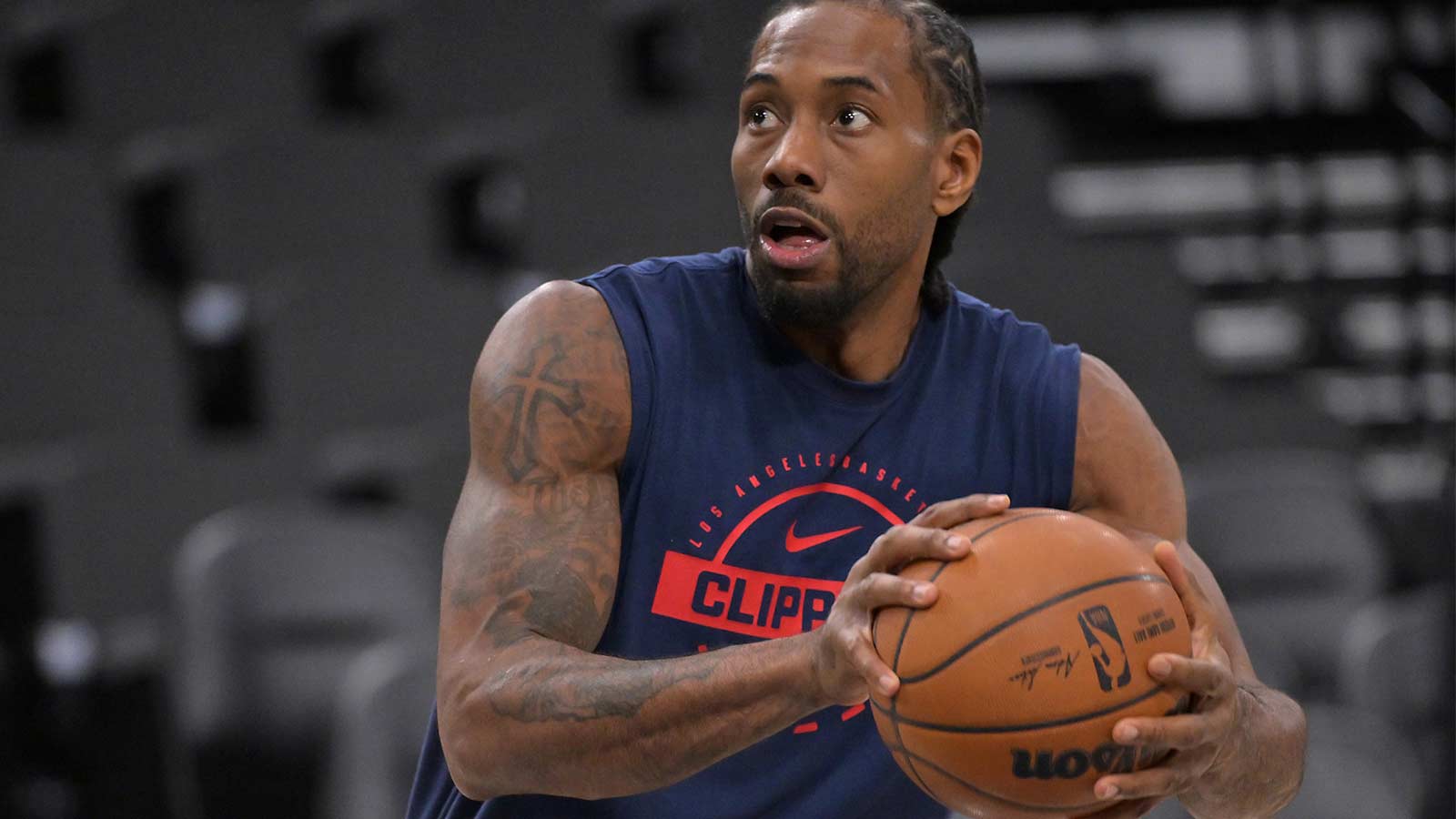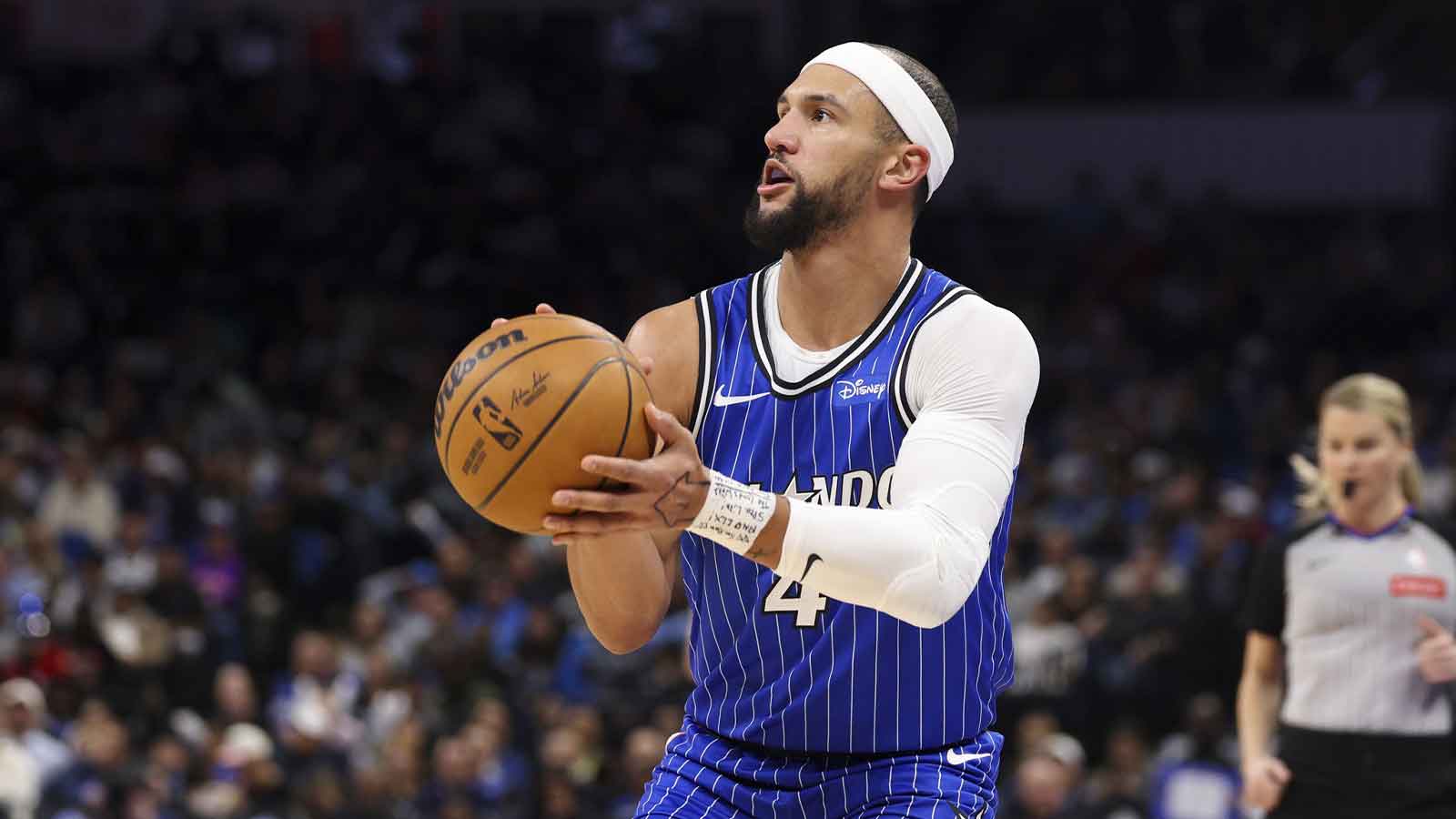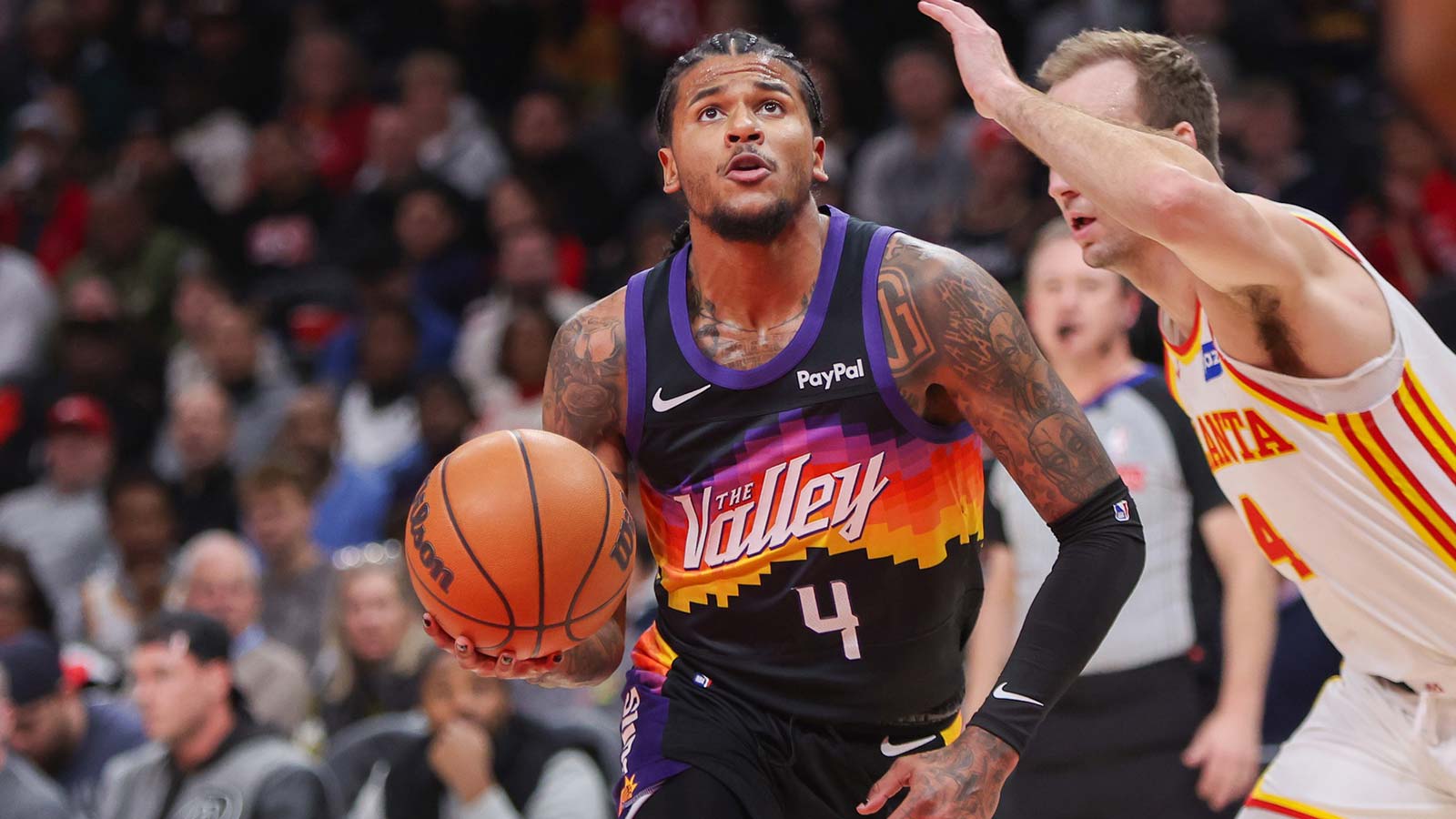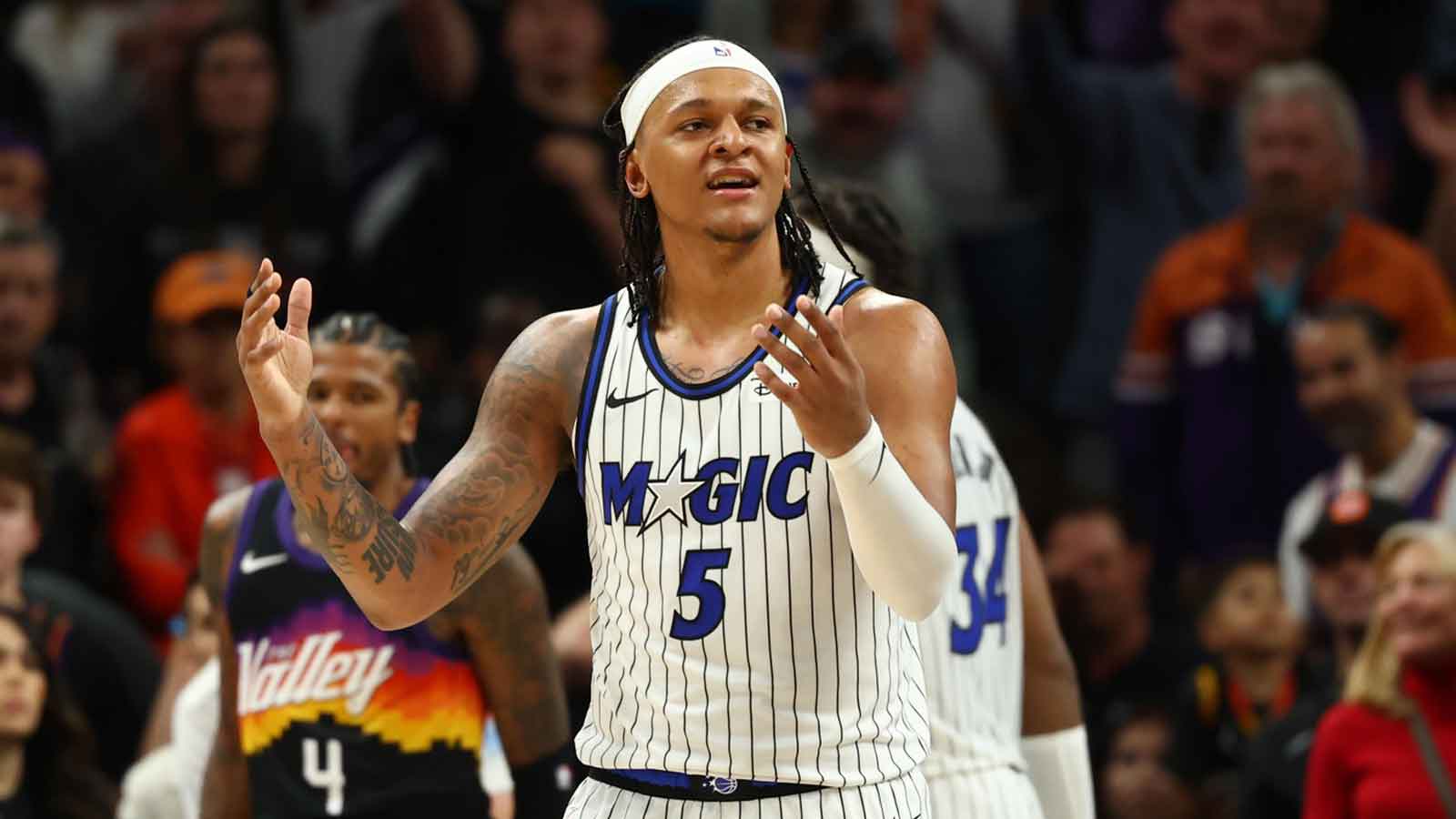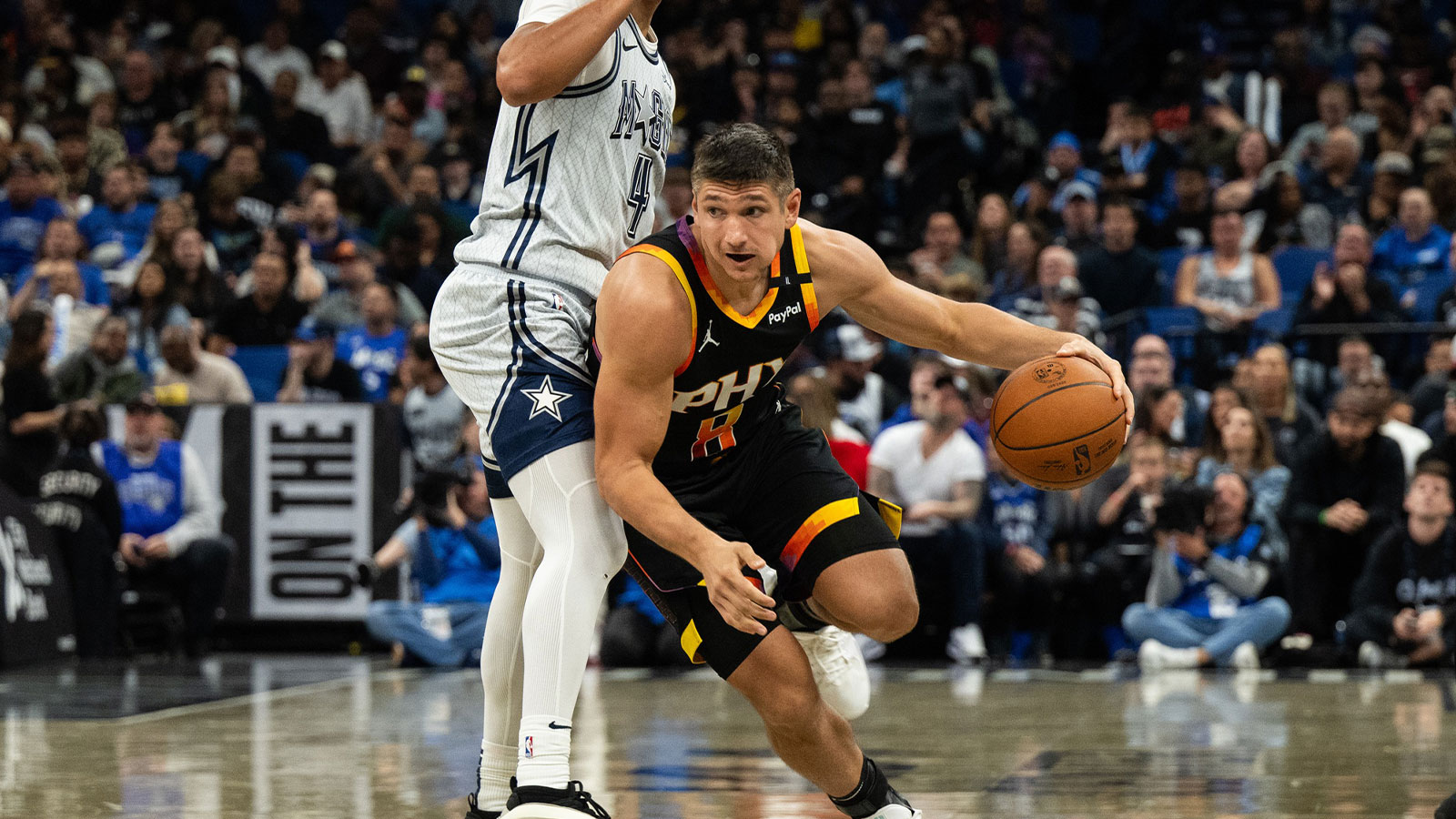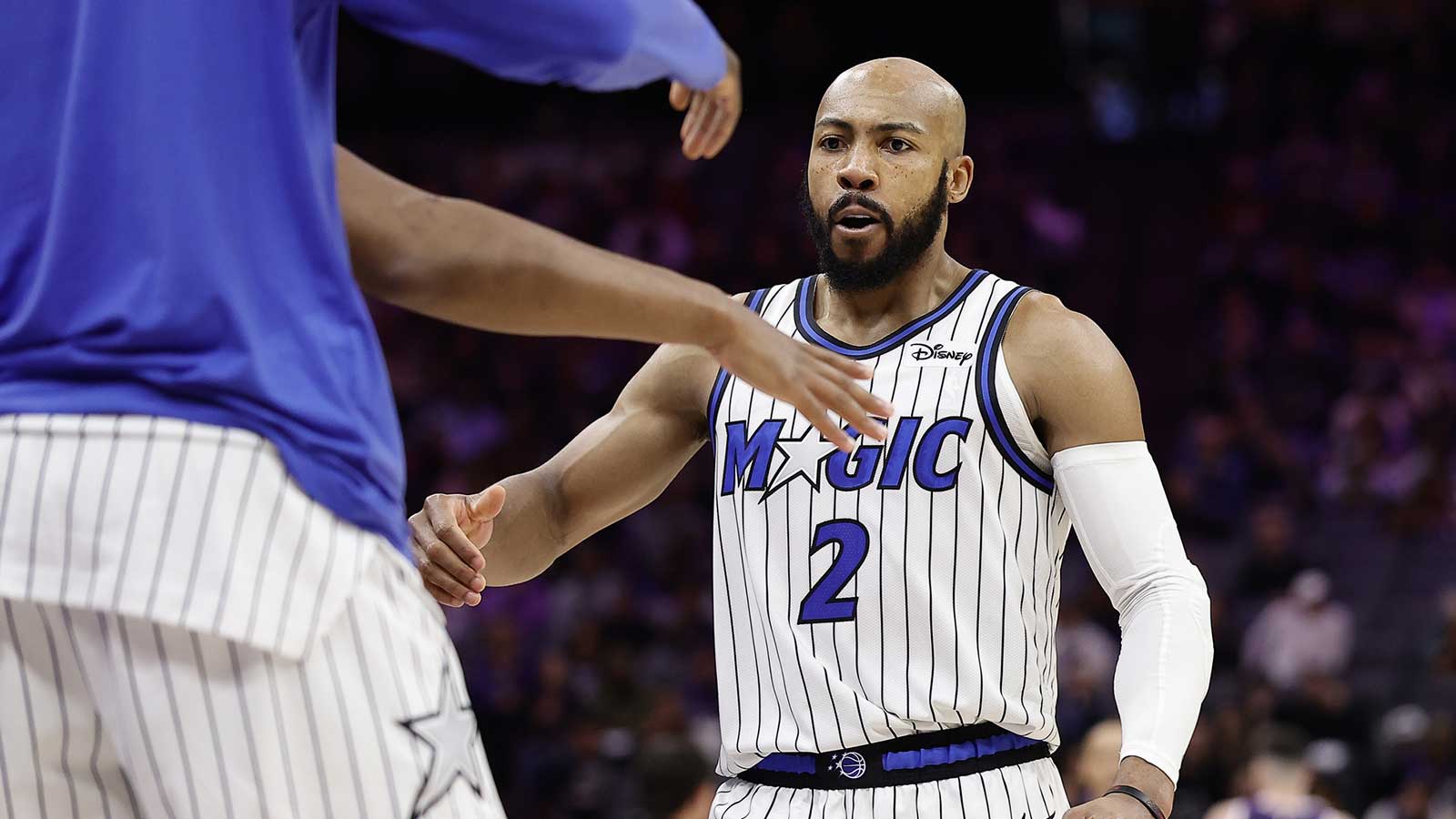A man accused of killing former Orlando Magic player Adreian Payne was found guilty of second-degree murder on Wednesday, more than two years after the fatal shooting.
Lawrence Dority was convicted in an Orange County courtroom and is scheduled to be sentenced on Aug. 29, according to Laverne McGee of WKMG 6. The verdict brings a sense of closure to Payne’s family, who had awaited justice since the 2022 shooting.
Payne, 31, was shot and killed on May 9, 2022, outside a townhouse complex off Curry Ford Road in Orlando. According to the Orange County Sheriff’s Office, deputies found him unresponsive in his vehicle upon arriving at the scene. He was transported to a nearby hospital, where he was pronounced dead.
Dority was taken into custody at the scene and later charged with second-degree murder. He pleaded not guilty, claiming he acted in self-defense.
During the trial, Dority took the stand in his own defense and grew emotional while recounting the events of that night.
“I just want to go home,” he said tearfully when asked how many shots he fired.
Dority told the court he feared for his life and believed he was acting to protect himself and his family.
“I was thinking I was going to die,” he said.
Family relieved by verdict as former Magic player Adreian Payne’s legacy endures
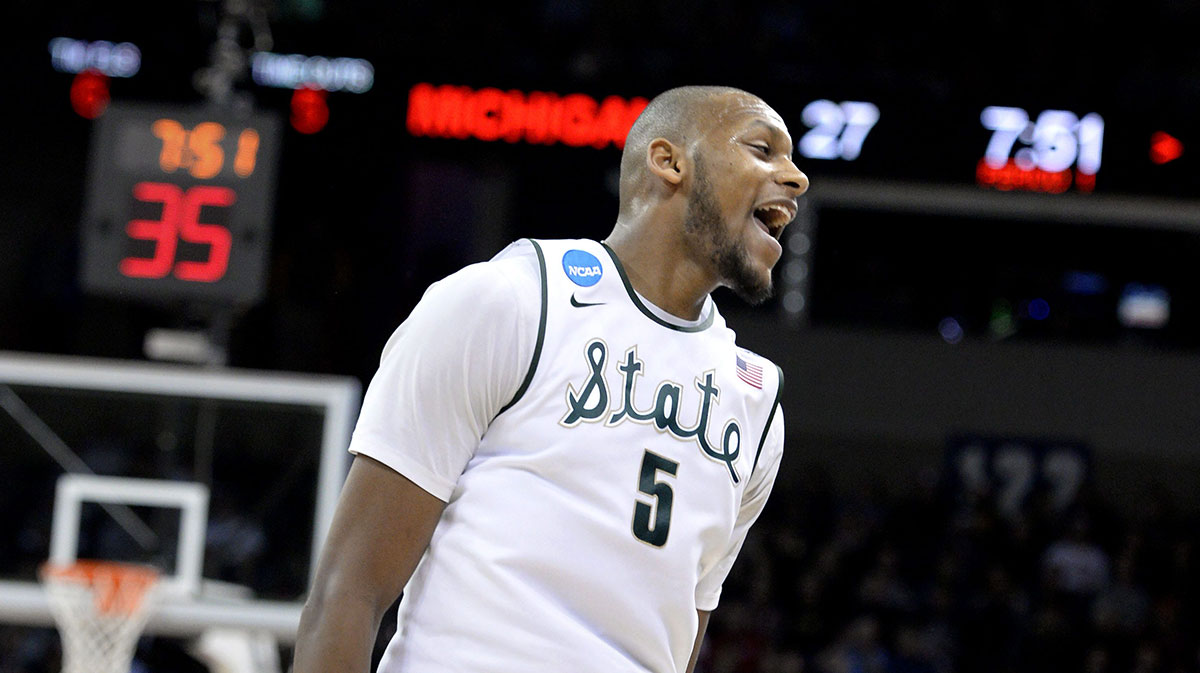
Despite his claims, the jury found Dority guilty after reviewing the evidence and testimony. Following the verdict, Payne’s family embraced inside the courtroom.
“Adreian was my little brother. I’m just happy to have justice,” said Antwan Payne, Adreian’s brother. “It took a long time—we’ve been waiting three years for this, and I’m glad it’s been done. The jury did their duty because we needed to get this menace off the streets. I’m glad he’s gone.”
Payne played college basketball at Michigan State before entering the NBA as the 15th overall pick in the 2014 draft. He played five seasons in the league with the Atlanta Hawks, Minnesota Timberwolves, and Orlando Magic. His final NBA season came in 2017–18 with the Magic, where he appeared in five games.
Outside the NBA, Payne also played professionally in Europe and was regarded for his community involvement and charity work. His death drew widespread attention across the basketball world, with former teammates and coaches mourning the loss of a respected figure on and off the court.
Payne’s legacy remains tied not only to his basketball career but also to his impact off the court, particularly his close relationship with Lacey Holsworth, a young cancer patient he supported publicly during his time at Michigan State.

